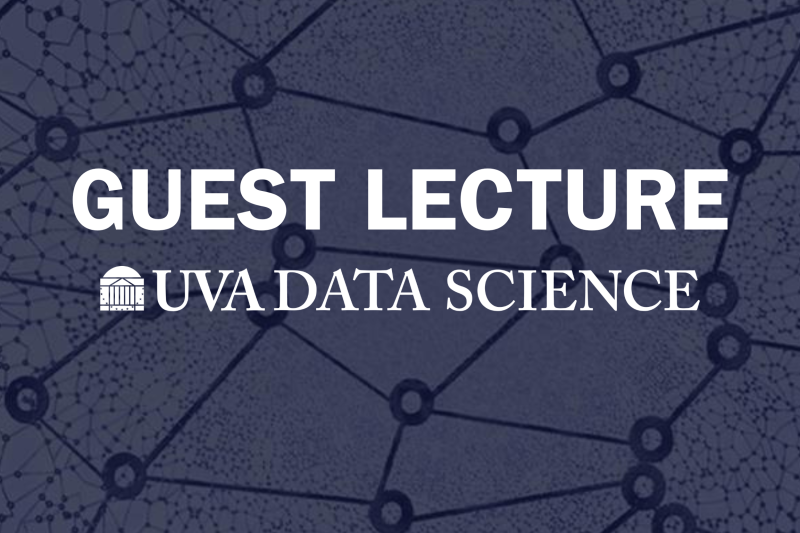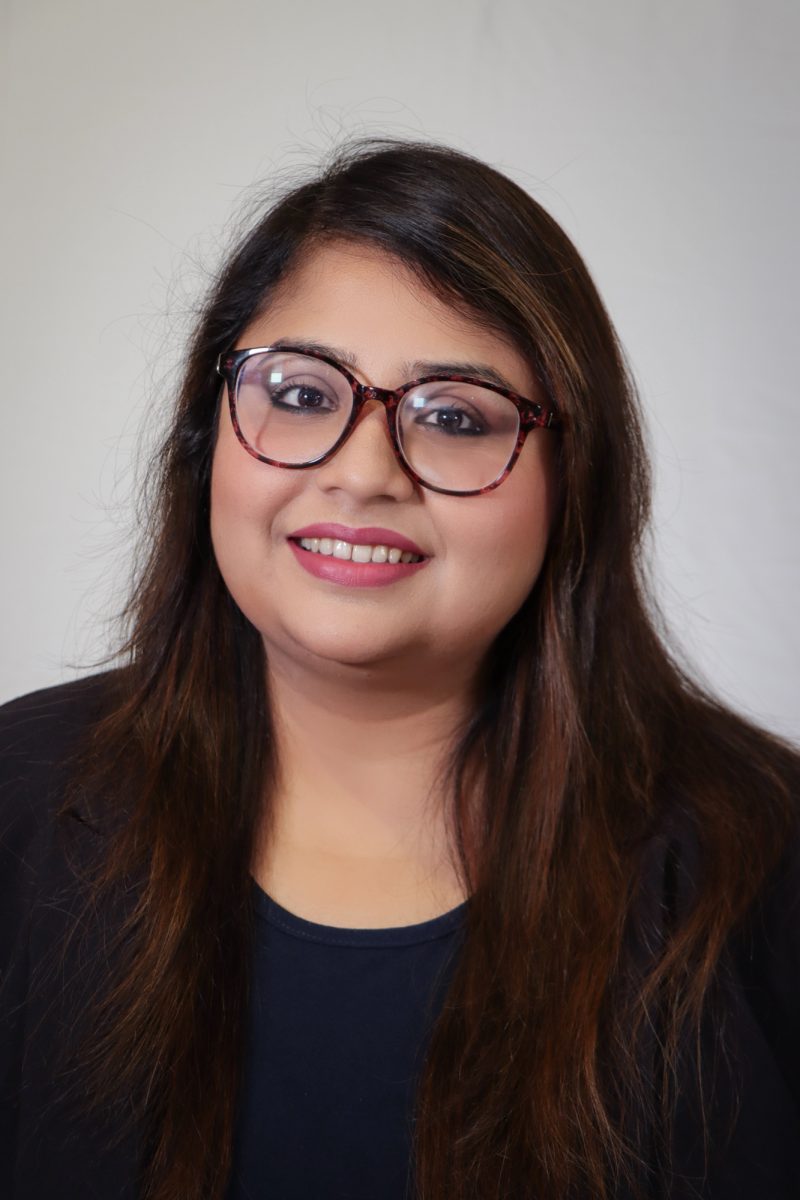Get the latest news
Subscribe to receive updates from the School of Data Science.

Understanding K-Means Clustering Machine Learning
Fardina Fathmiul Alam
There is a growing amount of data that is being generated today. Data scientists are attempting to turn large datasets from industries like business, healthcare, and social media into actionable insights and data-driven decisions. With the advent of machine learning (ML) and artificial intelligence (AI), machines are getting more and more advanced and their abilities are frequently pushed to the limit. Over the last decade, ML has made huge progress in technology in everything from photo recognition to self-driving cars. "Unsupervised Machine Learning" draws inferences from datasets without labels. If we don't know what we're looking for, it's great for finding patterns. Since labeled data is difficult or expensive to gather, many real-world datasets are unlabeled or partially labeled, making unsupervised learning approaches like k-means clustering valuable tools for dealing with large amounts of unlabeled data. Due to its simplicity, efficiency, and interpretation, k-means clustering is one of the most used unsupervised learning techniques for grouping related data points. In this lecture, I will talk about what k-means clustering is and how it works, which can help us to understand our data in a unique way by grouping or dividing data into groups.
 Fardina Fathmiul Alam is a PhD candidate in the Department of Computer Science at George Mason University, as well as a Graduate Research Assistant in GMU's Computational Biology Lab. Her research focuses on machine learning, specifically the intersection of deep learning with bioinformatics and computational biology. The application domain of her work is protein structure data, and she has produced several publications on the subject. Fardina received an undergraduate degree in Computer Science from the Military Institute of Science and Technology in Bangladesh, and an MS in Computer Science from GMU. She spent several years as a lecturer at the International University of Business, Agriculture, and Technology in Bangladesh, and later as a Graduate Teaching Assistant at GMU.
Fardina Fathmiul Alam is a PhD candidate in the Department of Computer Science at George Mason University, as well as a Graduate Research Assistant in GMU's Computational Biology Lab. Her research focuses on machine learning, specifically the intersection of deep learning with bioinformatics and computational biology. The application domain of her work is protein structure data, and she has produced several publications on the subject. Fardina received an undergraduate degree in Computer Science from the Military Institute of Science and Technology in Bangladesh, and an MS in Computer Science from GMU. She spent several years as a lecturer at the International University of Business, Agriculture, and Technology in Bangladesh, and later as a Graduate Teaching Assistant at GMU.
Subscribe to receive updates from the School of Data Science.